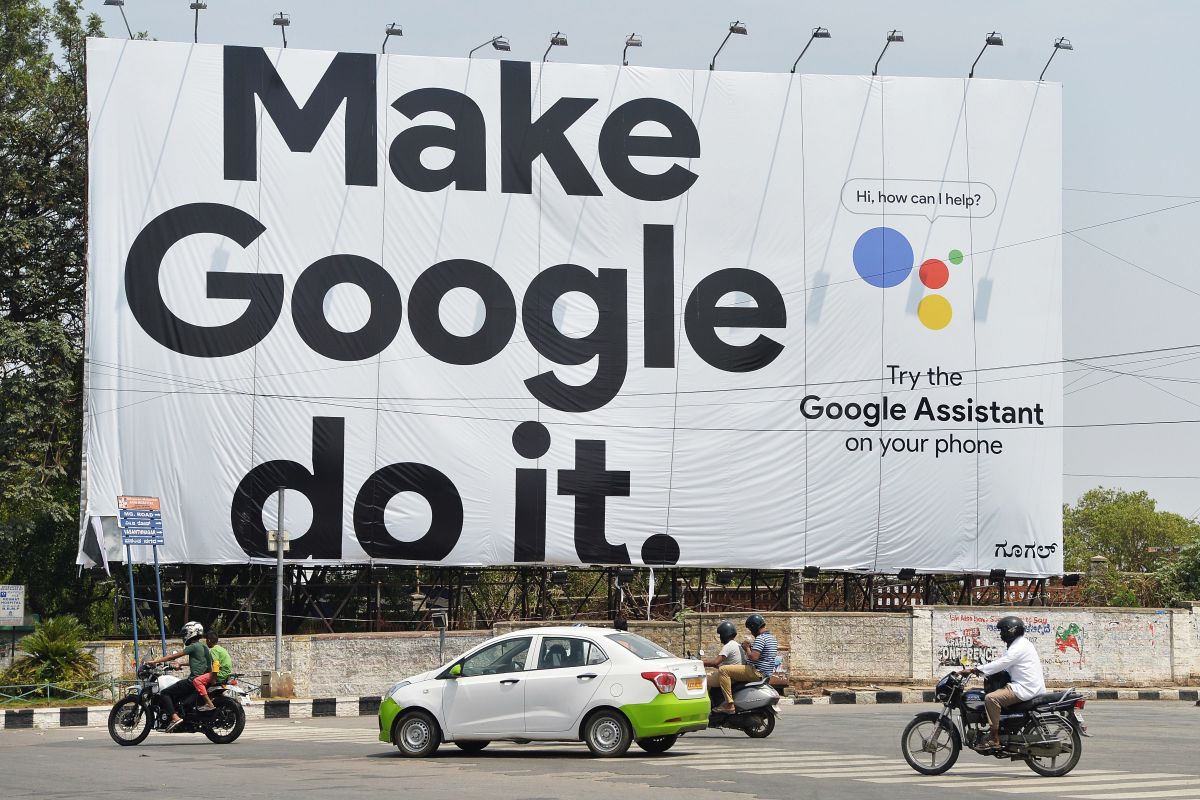Following Google’s delisting of Indian firms’ apps last week, these companies have reluctantly started complying with Play Store billing rules to have their apps reinstated.
Notable apps like Shaadi, Matrimony.com, and Bharat Matrimony have been restored after being removed from the Play Store on Friday. Other apps that have made a return include Info Edge’s Naukri and 99acres, audio storytelling apps Kuku FM and Stage, Alt Balaji’s Altt, and dating service QuackQuack.
Google now provides three options for in-app purchases to developers: a consumption-only model with no service fee, Google Play’s billing system with a standard fee of 15% or 30%, or an alternative billing system reducing the fee by roughly 4%. Many developers have chosen the consumption-only model for now, while some have opted for Google Play billing.
These firms have also sought intervention from the government and India’s antitrust watchdog. IT Minister Ashwini Vaishnaw mentioned his engagement with Google and expressed concern over the delisting of apps, prompting a meeting with affected developers.
Lal Chand Bisu, the CEO of Kuku FM, criticized Google for favoring large companies like Spotify. Last year, Google acknowledged that Spotify pays no fees for in-app purchases due to a special agreement between the two companies.
Distribution Challenges for Developers
Startups have raised concerns about the financial burden of marketing and Google’s fees on businesses. Anupam Mittal, founder of Shaadi.com, highlighted the revenue loss due to Google’s fee structure.
While alternative app stores exist on Android, their reach remains limited. For example, Aptoid reported half a billion downloads annually globally. In India, PhonePe’s Indus App Store, a new entrant, might not offer sufficient distribution for apps.
In an interview with the Hindustan Times, Bharat Matrimony’s CEO Murugavel Janakiraman voiced concerns about the feasibility of sideloading for a company with over 150 apps on the Play Store.
Google’s Position
Google maintains that it has provided multiple compliance options for developers and claims that fewer than 60 developers in India have fees exceeding 15%. The company argues that granting special treatment to a small group of developers would create an unfair playing field.
In a blog post, Google noted the three-year grace period given to developers to comply with Play Store rules and the additional three-week grace period following the Supreme Court’s rejection of the protesting firms’ plea.
Firms Seeking Regulatory Assistance
Protesting firms are seeking regulatory intervention against Google’s actions. Info Edge co-founder Sanjeev Bikchandani has urged the Competition Commission of India (CCI) to take action. Snehil Khanor, CEO of TrulyMadly, and other founders have criticized Google’s non-compliance with CCI’s directive to allow third-party billing.
The Internet and Mobile Association of India (IAMAI) has expressed deep concern over Google’s app delisting, and Indian startups have requested CCI’s intervention to restore apps that remain unavailable.


